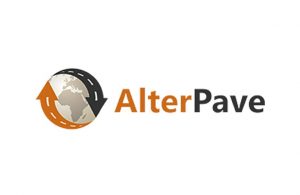
Challenges
It is estimated that 90% of the 5.2M Km of the Europe road network and 93% of the 4.1M km of US paved roads and highways are surfaced with asphalt mixes. A significant amount of resources is required not only for the construction of new pavements, but also for the preservation and renovation of the existing ones. The EU White Paper on Transport establishes as a priority the optimal use of natural resources, the support to innovations that boost cost-effectiveness, and the reduction and reuse of wastes.
The project
In order to address this challenge, the project aims to demonstrate an innovative and integrated approach for the sustainable construction of roads considering the whole life cycle of the infrastructure. Several actions will be considered: (1) enhancing the resource and cost efficient use of alternative materials; (2) ensuring the recyclability of the roads developed with the alternative green materials; and (3) implementing a “circular economy approach” by taking advantage of the actual by-products and waste produced by the local industry.
The project focuses on two main components of the asphalt pavements. On the one side, it will look for the replacement of the virgin aggregates by recycled materials (e.g. reclaimed asphalt pavement) and by products (e.g. slags). On the other side, alternative green binders such as waste engine oils and bio-fluxing agents will be integrated in the mixes to reduce the use of petroleum-based binders.
This project has received funding from the European Union’s Seventh Framework Programme for research, technological development and demonstration under grant agreement no 1109806.0006.

